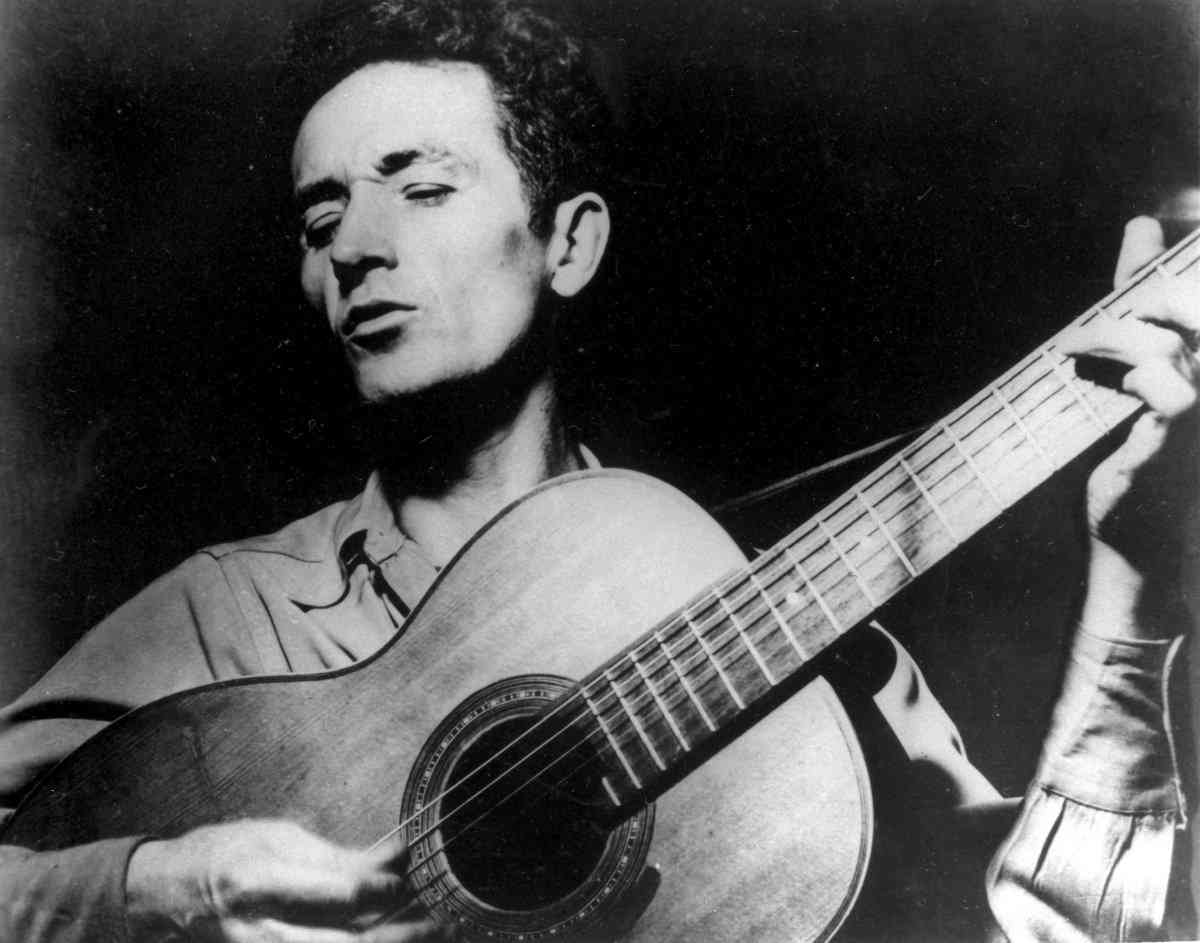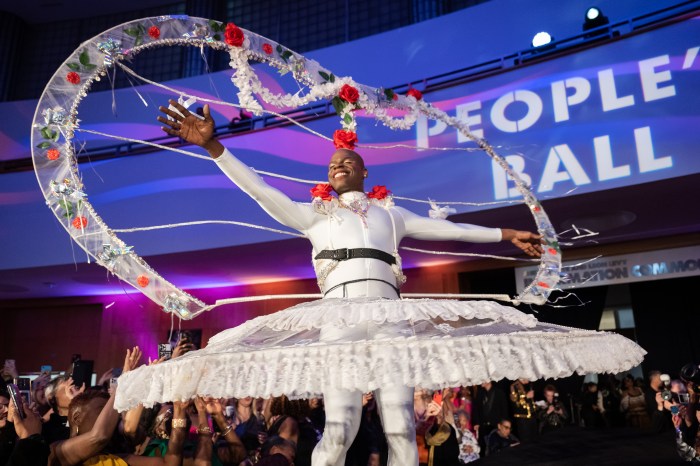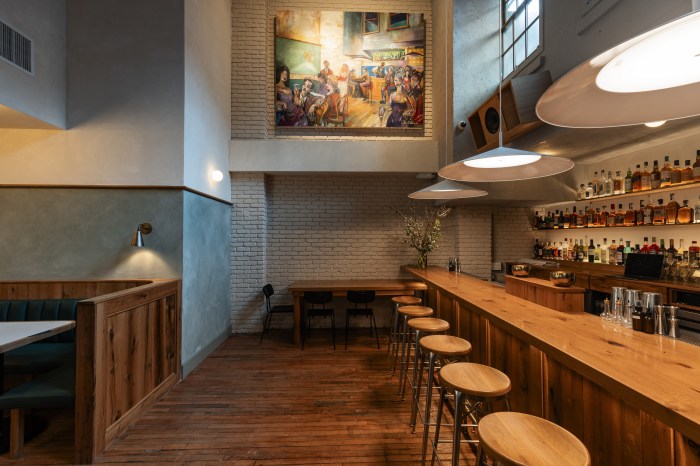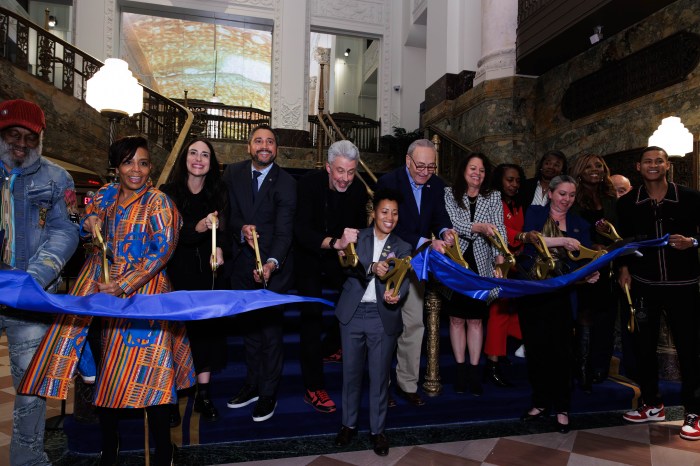A Coney Island street will soon bear the name of former resident and folk-music legend Woody Guthrie, after Council unanimously voted in favor of the tribute.
Local lawmakers on Dec. 20 approved co-naming Mermaid Avenue between W. 35th and 36th streets as “Woody Guthrie Way,” recognizing the neighborhood’s role in shaping the performer’s contributions to American music, according to the local councilman.
“Woody Guthrie lived in and loved Coney Island for many years, and it inspired the most prolific and productive writing period of his life,” said Mark Treyger, who pushed for the co-naming along with Assemblyman Steven Cymbrowitz (D–Sheepshead Bay). “Current and future residents and visitors should always know that Coney Island helped shape the man, the musician, and the legend. Woody, this block is your block.”
The street is steps from Guthrie’s former home at 3520 Mermaid Ave. — now the site of senior housing — where he lived with his wife, Marjorie, and their four children from 1943 until the early 1950s, according to neighborhood historian Charlie Denson.
The Oklahoma-born musician produced several works during his years living in Sodom by the Sea, such as the poem “Mermaid’s Avenue,” which celebrates the street’s diversity, as well as children’s songs inspired by his close relationship with his kids, including “Riding In My Car,” “Why, Oh Why,” and “Howji Do,” according to Denson.
Guthrie also cultivated his appreciation for Jewish faith and culture while living in Coney, writing tunes including “Hanuka Dance” and “Happy Joyous Hanuka,” and penning Yiddish poems with his mother-in-law, poet Aliza Greenblatt, who lived in nearby Sea Gate.
In November, members of the local Community Board 13 showed their support for the honor by issuing their own unanimous approval of it.
And Guthrie isn’t the only local luminary set to be honored with his own street in Brooklyn — Council approved his tribute as part of a legislative package proposing 68 similar honors citywide, including the co-naming of a Clinton Hill street after hip-hop icon Christopher “Biggie Smalls” Wallace, and the co-naming of another Kings County block after Dyker Heights education activist Mafalda DiMango, who died earlier this year.























